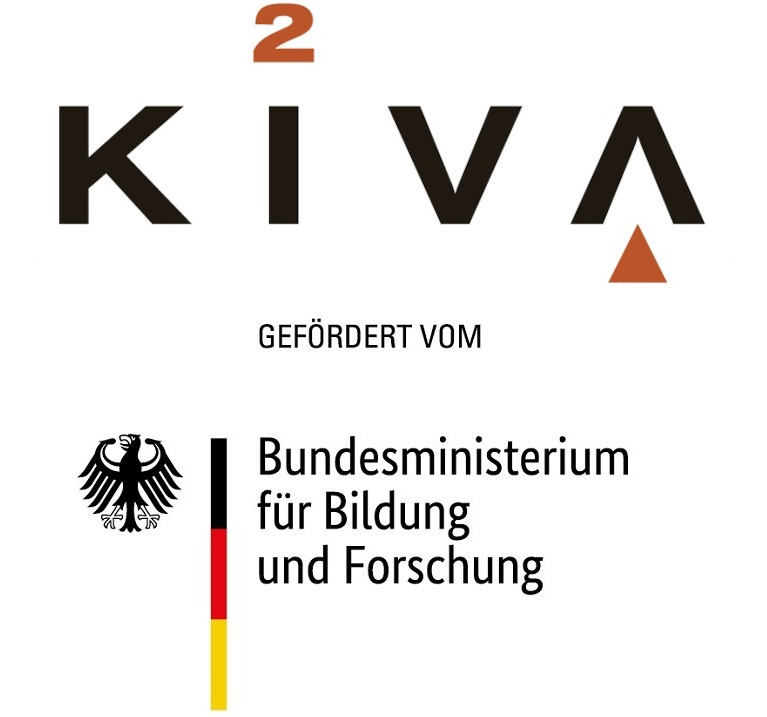Last name: Apak Kaya
First names: Meral
Academic title: Dr.
Host department at TU Darmstadt: Institut für allgemeine Pädagogik und Berufspädagogik
Period of stay: July 2017 to September 2018
Focus in teaching: Gender, Discrimination and Inequality, Educational Theories, History of Education, Educational Policy, Adult Education, Critical and Alternative Education
Focus in research: Gender and Power Relations in Education, Migration and Adult Education, Education and Right to City, Educational Policy
Academic stops:
Lecturer – 1999-2008 Istanbul University, Department of Foreign Languages Faculty (ADJ.) – 2007-2008 Bogazici University, Faculty of Education, Dept. of Educational Sciences General Coordinator – 2012-2017 Research Center for Educational Policy, Bogazici University, Istanbul/Turkey Faculty (ADJ) – 2014-2017 Bogazici University, Faculty of Education, Dept. of Educational Sciences /Preschool Education / Educational Technologies
Course offerings at TU Darmstadt:
- SoSe 2017 – General Didactics – 03-01-1031-vl
- WiSe 2017-2018 – Anthropological Perspectives on Human Civilization, Education and Inequality – 03-01-1131-vl
- WiSe 2017-2018 – Educational development – 03-01-1024-se
- WiSe 2017-2018 – People oriented Approaches in Education and Applied Techniques – 03-01-0102-ws
- WiSe 2017-2018 – Discrimination-Proof Moderation of the In-Class Conflicts – 03-01-0101-se
- SoSe 2018 – Discrimination-proof Moderation of the In-class Conflicts – 03-01-0101-se
- SoSe 2018 – Gender and Education – 03-01-0023-se
- SoSe 2018 – Education and Inequality: Anthropological Perspectives – 03-01-1133-se
- SoSe 2018 – Critical Theory, Critical Education, and Emancipatory Learning Practices – 03-01-0111-se
- WiSe 2018-2019 – Alternative Formal and Informal Pedagogical Practices from the World – 03-01-0102-ws
- WiSe 2018-2019 – Forum Theatre & Adult Education Seminar – 03-01-2191-se
- WiSe 2018-2019 – Forum Theatre & Adult Education Workshop – 03-01-2192-ws
- SoSe 2019 – Theories in Gender Studies and Education: Patriarchy and Pedagogy – 03-01-0023-se
- SoSe 2019 – Educational Research Approaches, Methodologies and Terminology – 03-01-2002-se
- SoSe 2019 – Theories in Higher Education: Neoliberalism and Educational Policy – 03-01-2142-vl
- SoSe 2019 – Educational Theories Behind School Choice: Social Class, Market Economy and Inequality – 03-01-4113-se
What can students expect in your course?
- Students in Germany will have an opportunity to cover topics with broad information all through the world in a comparative manner. In this way, they will be able to have an idea about the situations and implementations in different countries and cultures.
- I largely cover the literature from the Americas, as well as the Europe. In this way, students will be able to have an idea of different theoretical perspectives as well as educational implementations.
- Students will have an opportunity of self-reflective scientific thinking by combining the theory with their actual experiences both as experiencers and as observers in their actual daily lives.
- Students will experience the freedom of having no anxiety at all for grades or exams. They will realize that they are capable of learning at a high level without a fear or concern for an exam. They will understand that the authentic purpose of learning is not receiving a grade, but establishing a real connection between what is to learn and the very concrete life and curiosities of their own. A future teachers needs to experience this to be able to apply it on their future students.
- Students will learn to develop metacognition about their own ways of thinking, feeling and acting. Moreover, they will share these moments of mindfulness in the class as a tool to create consciousness over what they have learnt rather than just recording some information in the class to extract our during some grade-aimed exams.
- Students will communicate among each other more than they do it with me during the class time. This is how learning happens
What do you consider most important in teaching?
- A teacher/lecturer/professor exhibiting authenticity, genuity and sincerity during the time of teaching; rather than trying to prove her/himself to the “audience”.
- A teacher/lecturer/professor having the motivation and sincerity of learning from everyone in the class; rather than considering her/himself as the “knower” and the students as the “seeker”.
- A teacher/lecturer/professor having the main role of providing less information but helping students to produce more knowledge and consciousness.
- And most important of all, making the learners/participants feel comfortable, appreciated and valuable all throughout their learning time.
TU Darmstadt has a particular focus on internationalisation – which aspects do you consider especially vital for a successful integration of international students and professors?
- The language issue is an important aspect of internationalization. Historically English has become a language of sciences for international cooperation of knowledge production. Students in Germany should be encouraged to select the courses in English and participate in them. There is an important drawback of students with such an anxiety. However, it is a great opportunity for the students to get into the international arena of higher education and these courses in English might be a good start.
- For both international professors and international students, a system of Language-Tutoring system may be developed. Students who are having their teacher education in the field of “teaching German” can practice their future work by tutoring the international groups and individuals. A fancy name and a communication board (real boards on the corridors and also web sites for communication) would make a good action of visibility for the university.
Taking a glimpse into the future: in which country or region would you like to spend some time teaching and/or researching? Why?
I would like to teach and do some research in different parts of Germany with a variety of resources allocated in public education, in order to understand the overall structure of the education system in the country as an outsider observer. This would provide a good asset of data and feedback for the system.


